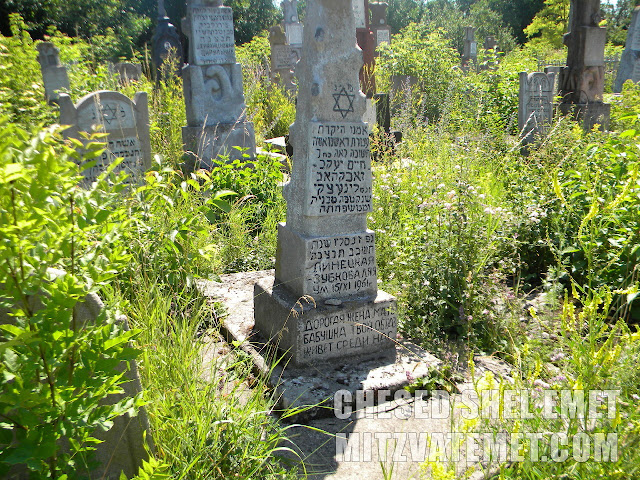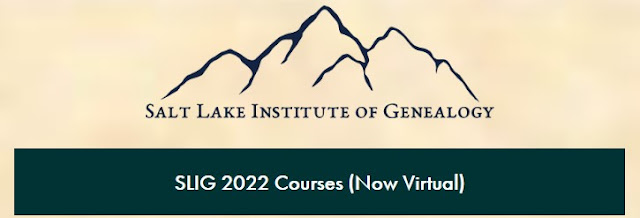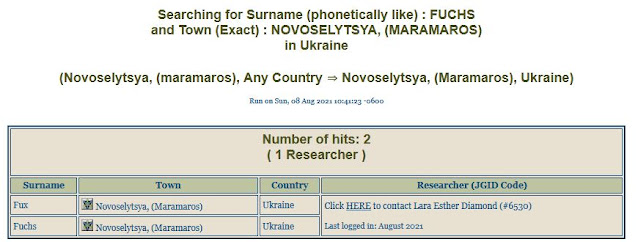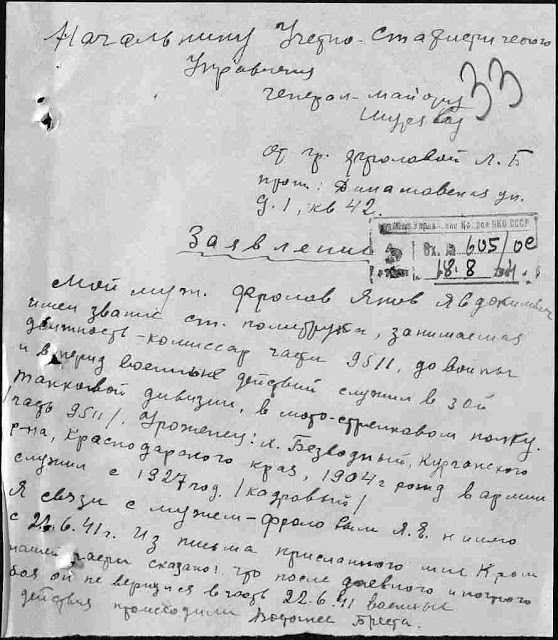I've mentioned how I got various cases relating to my family from the Chernigov Archives, thanks to J-Roots tipping me off to their existence. I just finished getting the largest case (nearly 100 pages) translated, and it reveals a tale of betrayal, ancestors being arrested, relatives illegally traveling to far-away districts to hide from the draft, and an ancestor of mine who was set on protecting her remaining children, whatever it took.
Life for Jews in the Russian Empire under Czar Nicholas I was very difficult. There were many difficult edicts that impacted where they could live, what professions they could enter, and how much they were taxed. One of the most hated edicts was the mandatory military service that took Jewish boys from their families, with the ultimate intent of converting them to Christianity. Jewish boys were taken as young as aged 12 (and sometimes younger, illegally) and conscripted to military institutions until the age of 18, at which they were mandated to enter the regular army for a 25-year term--which started at that point, meaning that if they survived, they were serving until the age of 43. These boys were called Cantonists, after those military institutions. Each Jewish community had a quota to meet, and everyone knew that once a boy was taken, he'd likely never be seen by his family again. There are lots of stories of what families would do to try to protect their sons. (You can read more about this era here.) In a document I've recently had translated, I've learned part of my own family's story.
And I've learned that you should not mess with my 5th great grandmother.
 |
One page of correspondence
|





























